by Sarah Taylor
In my deepening forays into tarot, into what makes me tick, and where tarot and I interconnect, I’ve come up with a few questions over these past few weeks about the nature of what it is that I work with.
I’ve been looking at my life and where I have been less than honest with myself about what drives me, and what holds me back.
About being a tarot reader. About the how tarot has been reflected back at me over the years, and what it says about how tarot is often viewed, and where that has activated my own shit around worthiness, doing what I love, and the ambivalence I feel when I do what I love.
So these are my own personal musings on tarot. They’re my tribute to what isn’t easily put to one side, and what keeps asking me for my attention, whether through my own creeping thoughts and questions, or the thoughts and questions of others.
Three enquiries; three responses.
If you don’t think tarot works, why does it scare you?
A fair number of people I’ve met have this “approach-avoid” relationship with tarot. It’s one of the reasons why I appreciate tarot so much: it reflects our ambivalence towards the unknown – that is, our unconscious.
I believe that it has the capacity to scare people because it works. And it works really well.
Tarot uses imagery to tap into the not-so-easily-tappable. How? By being non-verbal. It mainlines into that right-brain part of you that has a more familiar relationship with the unconscious, while you, as a left-brain-orientated creature, tend to prefer to live in a world that gives meaning to what is formless.
You probably feel far more comfortable this way. If so, you probably feel far less comfortable when things stop making sense – more so when you stop making sense to yourself; when your feelings, thoughts, behaviours deviate from the set patterns you want them to conform to.
Ergo: tarot holds the potential to confront you with what you’re hiding from yourself.
Tarot doesn’t work — because you don’t want it to work. It scares you, because it does work.
Why is astrology taken more seriously than tarot?
Because men and the masculine aspect of all of us are still taken more seriously.
There’s no way to sugar-coat that one, and I don’t want to. The sooner this changes, the better for all of us, no matter how we choose to express ourselves gender-wise. (And others don’t sugar-coat it either. I found this article today by Andi Grace that expresses perfectly, and in far more scholarly detail, what I’m writing about. Give it a whirl: Coming out of the Woo Closet.)
An astrologer friend of mine in a conversation a little while back referred to astrology as a pseudo-science, and I see where they’re coming from.
Astrology has trumped up its masculinity in order to be acceptable when, in reality, it, and tarot (and many other things besides) can be defined very simply and in the same terms: as without, so within.
You can add all the angles, aspects, degrees you want. You can find a trine at x degree, with planets sitting in Houses 4 and 8. You can quincunx and sextile to your heart’s content. (And I *love* astrology. Love it!)
I, on the other hand, have three cards sitting next to each other, with no angles or houses, and no reproducible results – unlike a birth chart, clients will never get the same reading; there is no baseline to refer to.
Astrology; tarot. One is masculine-orientated; the other is feminine-orientated. One talks to the left brain; the other talks to the right. Neither is wrong because of it. Both are valid.
One is valued over the other because one is associated with a patriarchal mind-bend. One is devalued because it is associated with a non-patriarchal, non-mind bend.
More’s the pity. We are richer for both. Yet we resist the one that thrusts us into the (seemingly) chaotic, formless, metaphor-rich world of the feminine.
And the feminine is still not taken seriously. She is so not taken seriously that she is ignored. Turn up the feminine heat, and she’s derided, scorned, and belittled. Turn the heat up even further, and she’s trolled and attacked. Further still, she is killed.
So, perhaps she’s a little more serious than we think after all. And maybe it’s time to claim our inner witches.
Which brings me to my final question …
Why is tarot frequently treated as a ‘dirty secret’?
This question may well be more mine than anything else – but I don’t think so.
It’s mine insofar as I have been rejected for doing what I do, not least by some of the people who society tells us should love us the most: family.
My mother was both drawn to tarot, and scorning of it, a dynamic that reflected quite accurately our relationship. She always believed that I had inherited my fey qualities from her side of the family.
She told me this with no small amount of pride. However, my questioning of the invisible world, and the fact that I could see things that she’d rather I didn’t, elicited a different response.
In one beautifully truthful moment, she said that I was to say nothing to her about what I saw, because it would mean she would have to change. I admired her tremendously for that.
Later on, however, she told me that I was not welcome with the rest of my family at her home the last few weeks of her life unless I promised never to talk about what I did.
That denial re-opened a decades-old wound that I’m still trying to heal today. A mother/tarot wound. A generational wound too, I feel. And a collective wound that many of us who work in cartomancy carry.
Tarot has been my dirty secret, and my relationship to it – my spirituality – has been a dirty secret in my family (not all my family; and no one person in my family can be reduced to a single-faceted character: we are all exquisitely coloured in our perfections and imperfections).
Why is it a dirty secret? Because it works! There’s a reason we tarot readers are called ‘seers’. We see*. Not everyone wants us to see – fuck, I struggle to see myself when the truth is laid bare in front of me.
But see I must. I’ve learned it is the only way through for me, unless I want to push away the truth and resist change – and I know that resistance no longer works for me in the long run.
Nor do I believe that it works for many of us. The sooner we get our dirty secrets out in the open, the sooner we start to heal, and the more life, energy, and creativity are released to us.
All of these questions have one thing in common: the unconscious – specifically our resistance to it.
I come from the school of thought that resistance to the unconscious can be an entirely healthy thing. There’s little point in trying to see what we’re not ready to see. There’s a reason why we protect ourselves against the truth; it has saved us from the devastation of the reality of our circumstances time and time again.
However, I also believe there comes a time when that resistance remains for its own sake — a dictator who clings to power even after being deposed.
I work in that space where there is the push-pull between the old and the new. I recognise and empathise about the struggles that we have letting go of the past, while also acknowledging that our very clinging to the past is what creates pain in the present.
We keep playing to the same old script, but the scenery has moved on. We want others to act the same way they always have, even though their actions brought us suffering.
We want to be the same, even though being the same has become unbearable. This article by Louisa Jane West on running from shadow explains just how we start doing this.
If you don’t think tarot works, why does it scare you?
Why wouldn’t it? It’s the call of the Soul. And the Soul asks for what we seldom want to give willingly: our surrender to change.
About the Author:
 Sarah Taylor is a practical witch with a no-bullshit, compassionate approach to helping clients, readers, trainees and mentees discover themselves through tarot. With a degree in English and Psychology, training in death and bereavement counselling, and 12 years of therapy under her belt, Sarah Taylor is as interested in the role that the unconscious plays in tarot as I she is in what’s happening on the surface.
Sarah Taylor is a practical witch with a no-bullshit, compassionate approach to helping clients, readers, trainees and mentees discover themselves through tarot. With a degree in English and Psychology, training in death and bereavement counselling, and 12 years of therapy under her belt, Sarah Taylor is as interested in the role that the unconscious plays in tarot as I she is in what’s happening on the surface.
She’s also a Certified Sexological Bodyworker, and knows and lives the understanding that our bodies are the most powerful intuitive tuning-forks that we have, and that tarot is as much a visceral experience as an energetic one.
You can find Sarah at her website Integrated Tarot , and on Facebook.
featured image – source
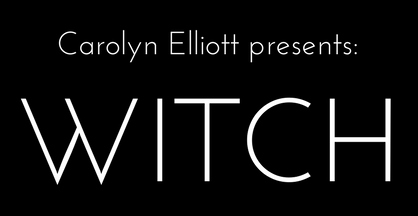
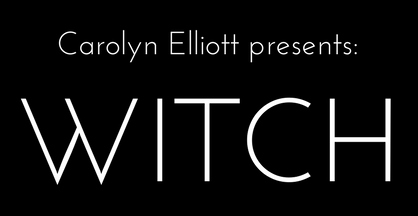
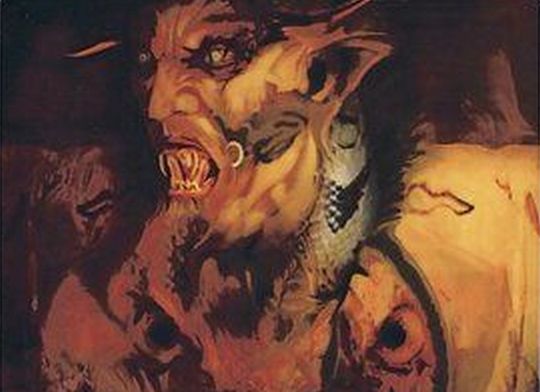
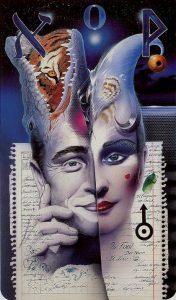
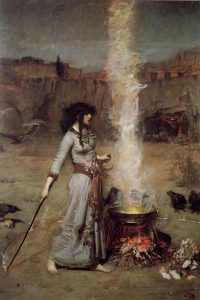
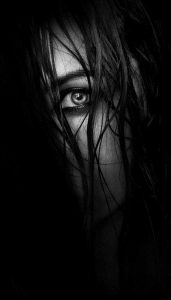




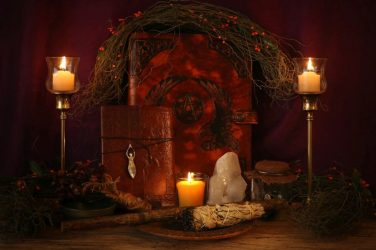
Show Comments (2)